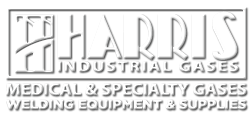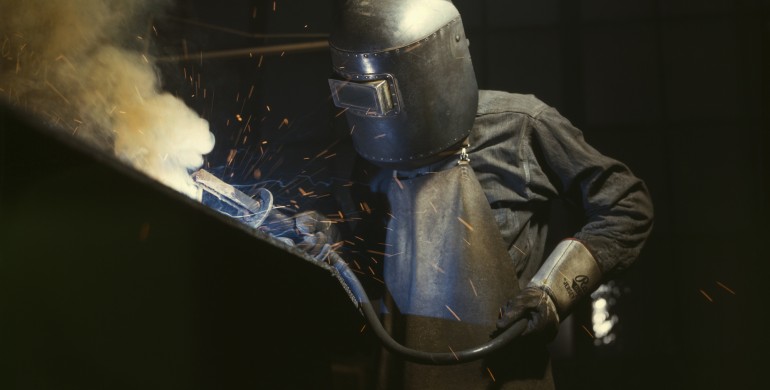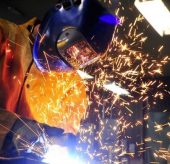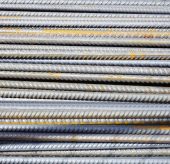Air Filtration Systems
Sacramento Sparks Reno Welding Supply
Air Filtration Systems
Requiring an air filtration system in fabrication and manufacturing shops that generate welding fumes is imperative for safeguarding employee health. The following are three compelling reasons highlighting the benefits of such a mandate.
First and foremost, welding processes generate a complex mixture of airborne contaminants, including harmful welding fumes and gases such as particulate matter, metal oxides, and volatile organic compounds. Without proper filtration, these pollutants can be inhaled by workers, leading to severe respiratory problems. Prolonged exposure to welding fumes has been linked to conditions like welding fume fever, chronic obstructive pulmonary disease (COPD), and lung cancer. Requiring air filtration systems effectively removes these hazardous substances from the workplace air, significantly reducing the risk of respiratory ailments among employees. A healthier workforce means reduced absenteeism, increased productivity, and lower healthcare costs for both employers and workers.
Numerous regulatory agencies, such as the Occupational Safety and Health Administration (OSHA) in the United States, have established strict guidelines regarding exposure limits to welding fumes and air quality in workplaces. Requiring air filtration systems ensures compliance with these regulations, helping companies avoid fines and legal consequences. By proactively addressing air quality through effective filtration, employers demonstrate their commitment to providing a safe and healthy work environment for their employees, promoting a positive workplace culture and maintaining legal compliance.
Implementing air filtration systems not only prevents immediate health issues but also contributes to the overall well-being and morale of workers. Exposure to welding fumes can cause discomfort, fatigue, and headaches, affecting employee satisfaction and motivation. Clean air promotes a more comfortable and pleasant working environment, reducing irritations caused by airborne contaminants. Employees are more likely to feel valued and supported when their employers prioritize their health and comfort, which can lead to higher job satisfaction, increased retention rates, and improved overall company reputation.
Requiring air filtration systems in fabrication and manufacturing shops that generate welding fumes is crucial for protecting the health of employees. Such systems provide respiratory health protection by removing harmful pollutants from the air, ensure compliance with regulatory standards, and enhance employee well-being, ultimately benefiting both the workforce and the employers. Prioritizing clean air in the workplace is a responsible and ethical choice that promotes a safer and more productive work environment.





